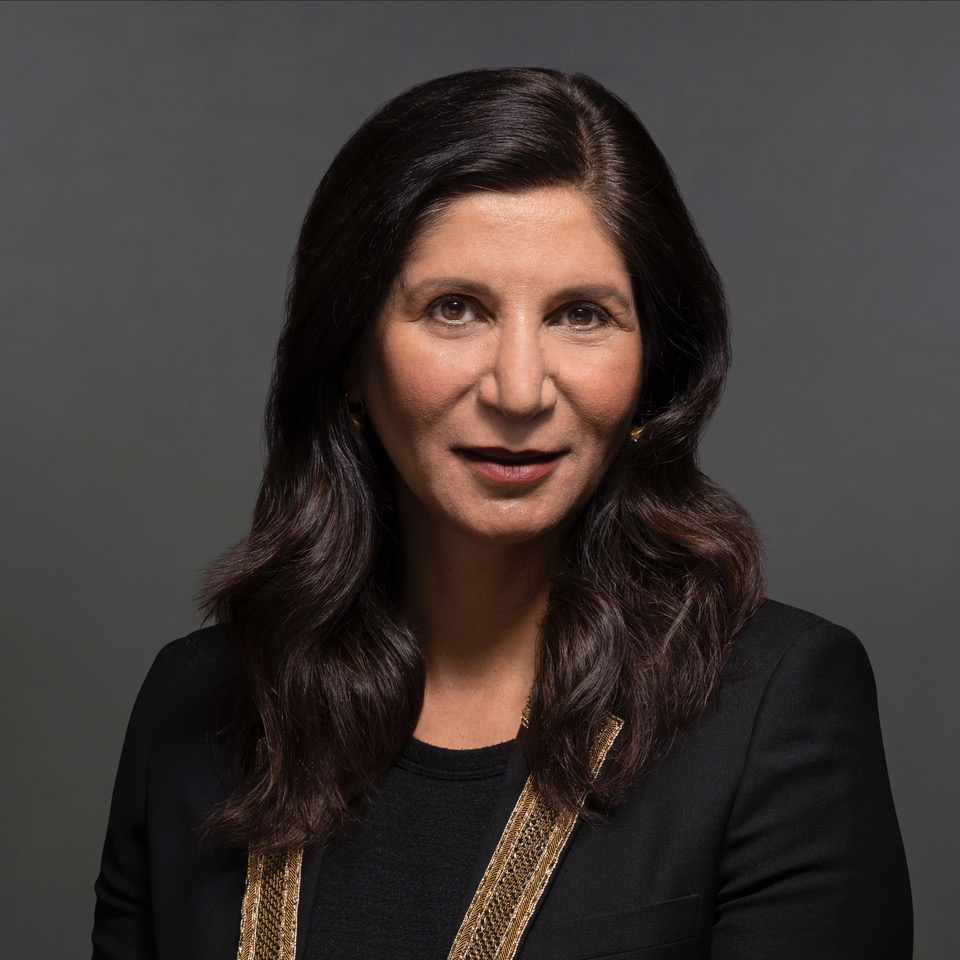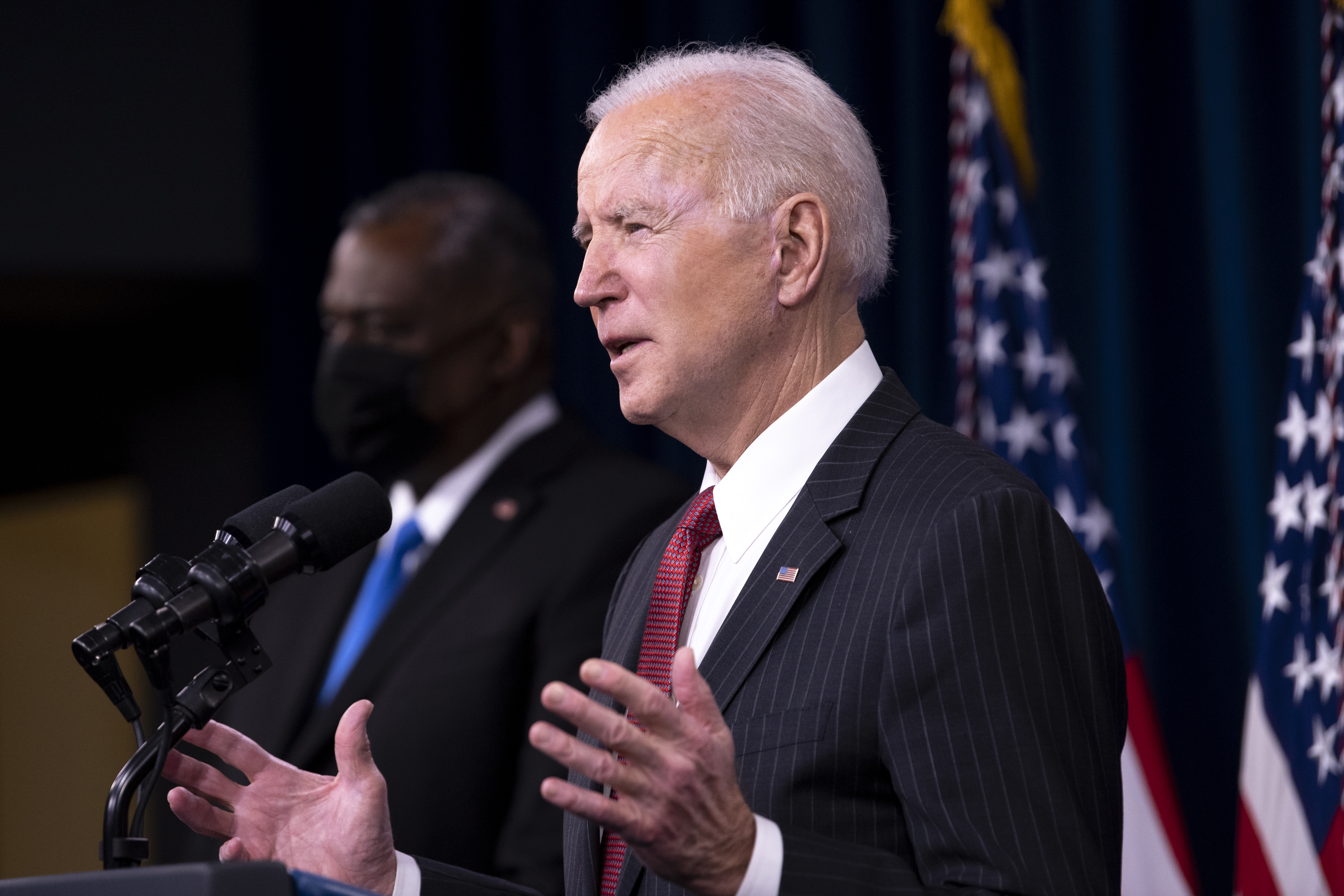A Snag in the Destruction of Syria's Chemical Weapons?
After months of good news, the mission to wipe out Syria’s chemical arsenal may have run into trouble. The Organization for the Prohibition of Chemical Weapons (OPCW), which is charged with ensuring disposal of the weapons, met last week to figure out what to do about a process that the U.S. Ambassador described as “languished and stalled.” There isn't much time.
The process got off to a good start, as both the U.N.
Published by The Lawfare Institute
in Cooperation With

After months of good news, the mission to wipe out Syria’s chemical arsenal may have run into trouble. The Organization for the Prohibition of Chemical Weapons (OPCW), which is charged with ensuring disposal of the weapons, met last week to figure out what to do about a process that the U.S. Ambassador described as “languished and stalled.” There isn't much time.
The process got off to a good start, as both the U.N. Security Council and the OPCW’s Executive Council quickly approved a disposal plan hatched by Russia and the United States. Syria’s declaration of chemical weapons was timely made, and thought to be reasonably complete; weapons inspectors were given access; and the OPCW proved up to the task of mobilizing rapidly and finding solutions to the problems of working in a war zone. Its mission also was conducted jointly with the U.N., a collaboration that allowed for the injection of both political clout and experience gained from the inspections in Saddam Hussein’s Iraq. Together, all this brought the project’s first phase to a successful conclusion. Syria’s declared stockpile was accounted for, and weapons-producing gear rendered inoperable, using low tech means such as pouring concrete into machines and taking blowtorches and saws to metal equipment.
Destroying the poisonous chemicals in Syria’s arsenal was always going to be the hardest part and that has proved to be the case. The good news is that only a portion of Syria’s 1,300-ton stockpile is so toxic that it needs to be destroyed in a specialized facility. The rest could be eliminated in much the same way as industrial waste. The highly toxic piece of the stockpile consists of Sulphur Mustard and five precursor chemicals (one of which is used to make the nerve agent Sarin; the others that are not identified but are believed to be components of Sarin and/or VX). We don’t know how much of the stockpile consists of these substances, which have been dubbed “priority chemicals” by the OPCW.
Those involved in the venture decided early on that at least some of the priority material would have to be moved out of the country. The goal was enshrined in the U.N. Security Council resolution on Syria and the OPCW Executive Council decision. Both legal instruments were critical; for without them, the chemical weapons would have been stuck in Syria because the Chemical Weapons Convention bans their transfer.
And yet finding a country willing to take the toxic chemicals turned out to be impossible; early candidates Norway and Albania backed out. The U.S. came forward with an innovative solution: priority chemicals would be destroyed at sea aboard an American vessel, the specially-outfitted Cape May, using mobile units developed by the American military. Although there remain concerns about whether the units will work consistently on a ship at sea, the idea is not as outlandish as it might sound. The offshore approach has been taken before, albeit on a smaller scale: in the mid-2000s, Japan destroyed World War II-era bombs found at sea off the port of Kanda.
Here’s where the project has hit a snag. In order to get the priority chemicals onto the Cape May, the Syrians first have to transport them to the northern port of Latakia. The December 31, 2013 deadline for doing so has passed. Two batches of priority chemicals have been moved offshore. These reportedly comprise about 4% of Syria’s total 1300 ton stockpile. However, since we don't know how much of the stockpile is priority chemicals, we cannot evaluate progress in moving the most toxic chemicals out of the country. The OPCW has attributed the delays to security concerns, as well as logistical issues (although the recent remarks by the U.S. seem to point the finger at Syria). Meanwhile, the clock is ticking. According to the plan approved by the OPCW, priority chemicals must be destroyed---not just spirited out of Syria, but destroyed---by March 31, 2014. And planners estimate that it will take approximately 45 to 60 days to complete the operation at sea.
Time is also short for another aspect of the destruction venture: the elimination of the rest of Syria’s stockpile. The OPCW plans to outsource this effort to private companies (along with the disposal of most of the waste resulting from destruction operations on board the Cape May) and has received 14 bids. Most of these chemicals too must be removed from Syria by February 14, 2014 and destroyed not later than June 30, 2014.
Hopefully, the political pressure currently being exerted by the U.S. will break the logjam---and speed matters up---but it is too soon to declare the mission successful.
Faiza Patel serves as co-director of the Brennan Center’s Liberty and National Security Program, which seeks to ensure that our counterterrorism laws and policies respect constitutional values and promotes transparency and accountability in national security matters. She has testified before Congress opposing the dragnet surveillance of Muslims, developed legislation creating an independent Inspector General for the NYPD, and organized advocacy efforts against anti-Muslim laws and policies. She has authored and co-authored eight reports: Extreme Vetting and the Muslim Ban (2017), Trump-Russia Investigations: A Guide (2017); The Islamophobic Administration (2017); Countering Violent Extremism (2017), Overseas Surveillance in an Interconnected World (2016), What Went Wrong with the FISA Court (2015), Foreign Law Bans (2013), A Proposal for an NYPD Inspector General (2012), and Rethinking Radicalization (2011). Ms. Patel’s writing has been featured in major newspapers including The New York Times and The Washington Post, and she is a frequent commentator on national security and counterterrorism issues for print, televisions, and radio outlets. She is a member of the Board of Editors of the legal blog Just Security. Born and raised in Pakistan, Ms. Patel is a graduate of Harvard College and the NYU School of Law.


-(1).jpg?sfvrsn=e107e99c_5)


